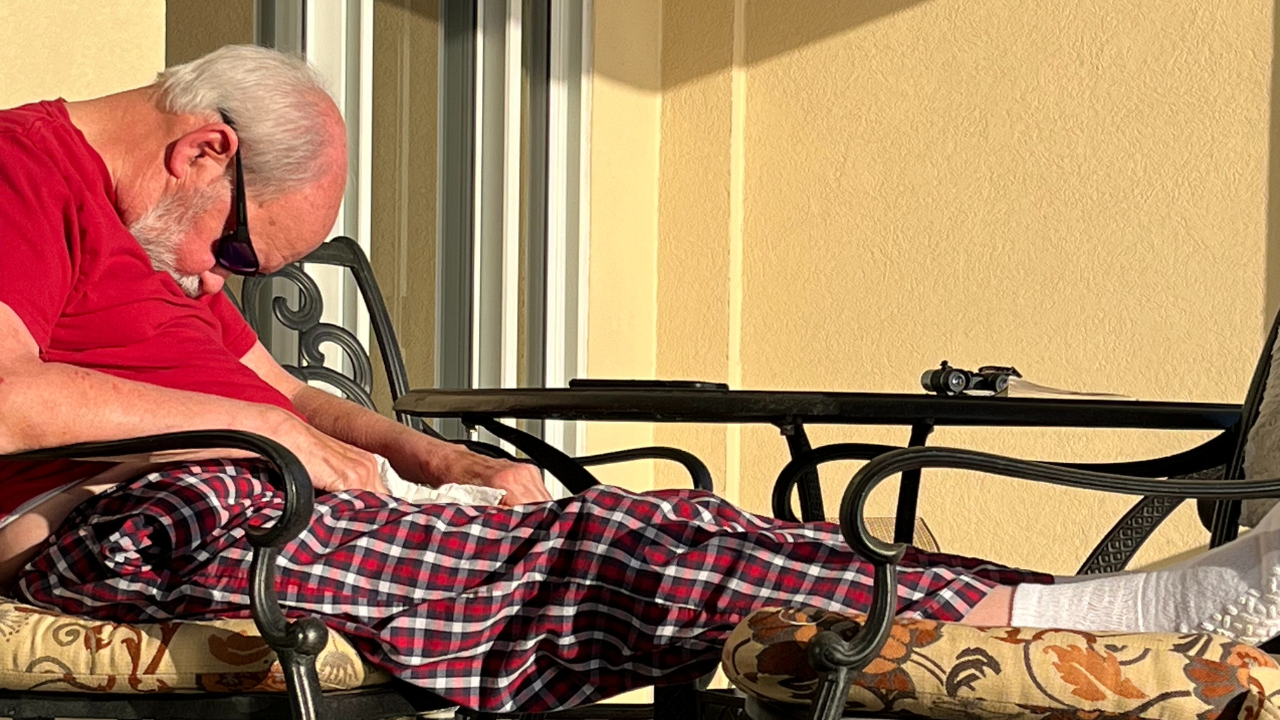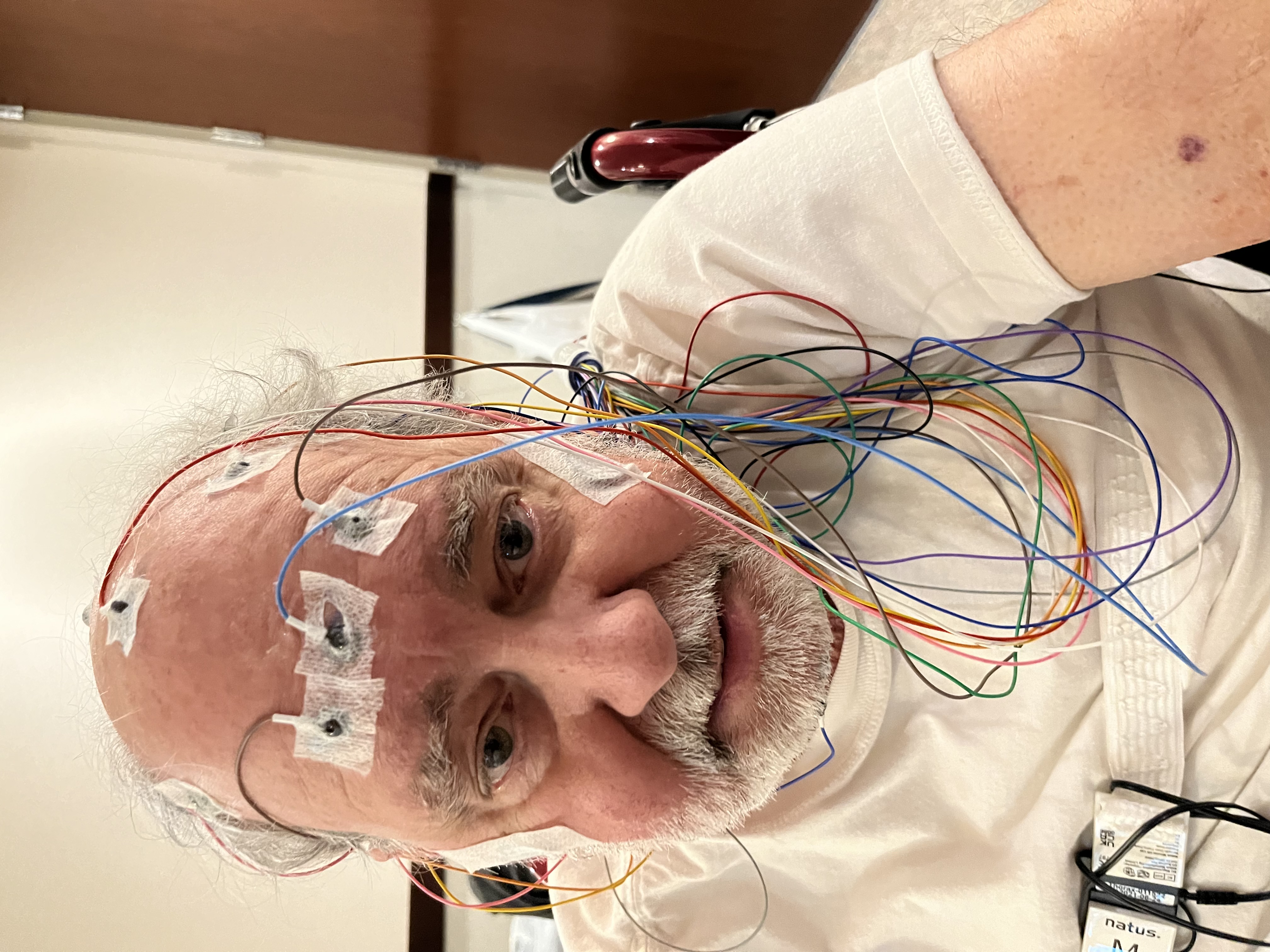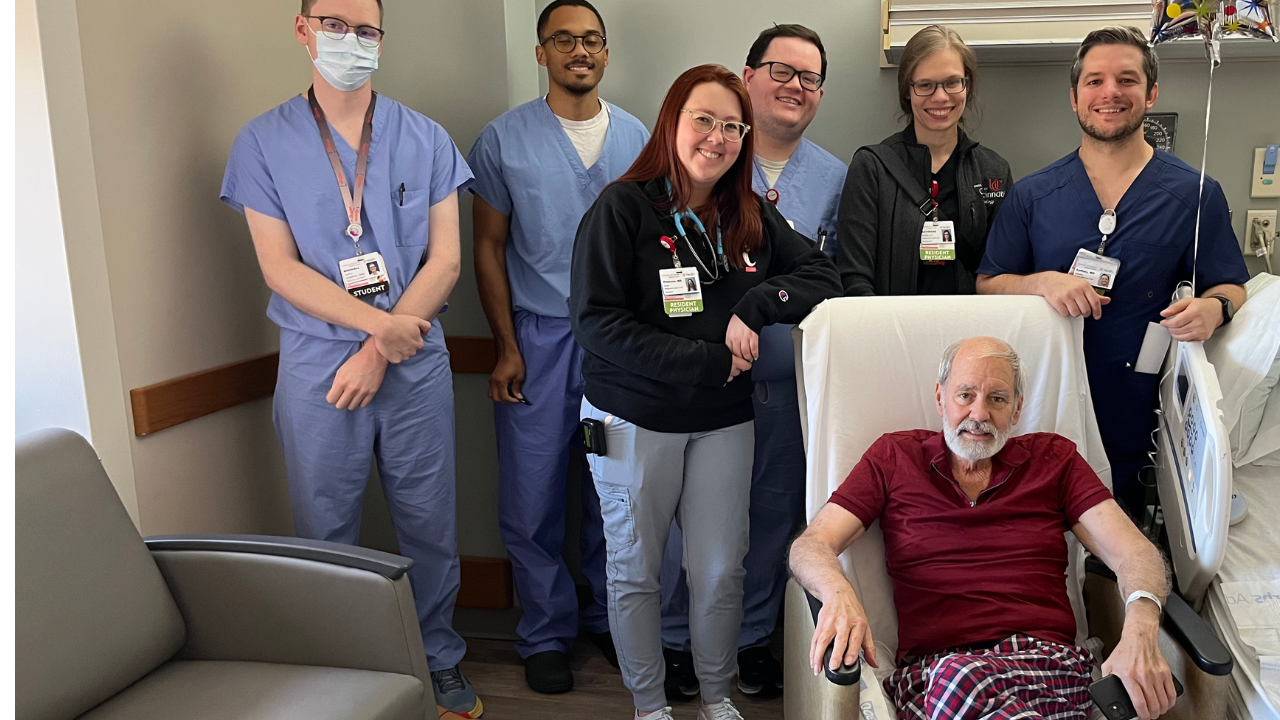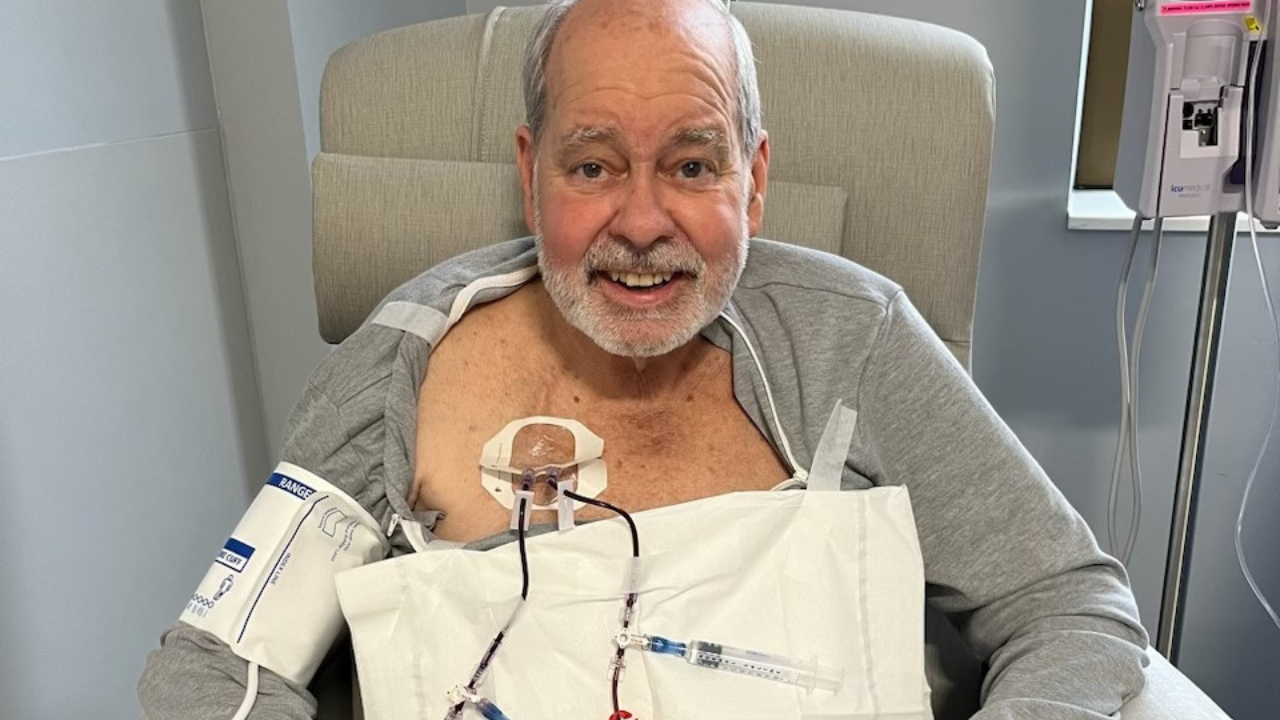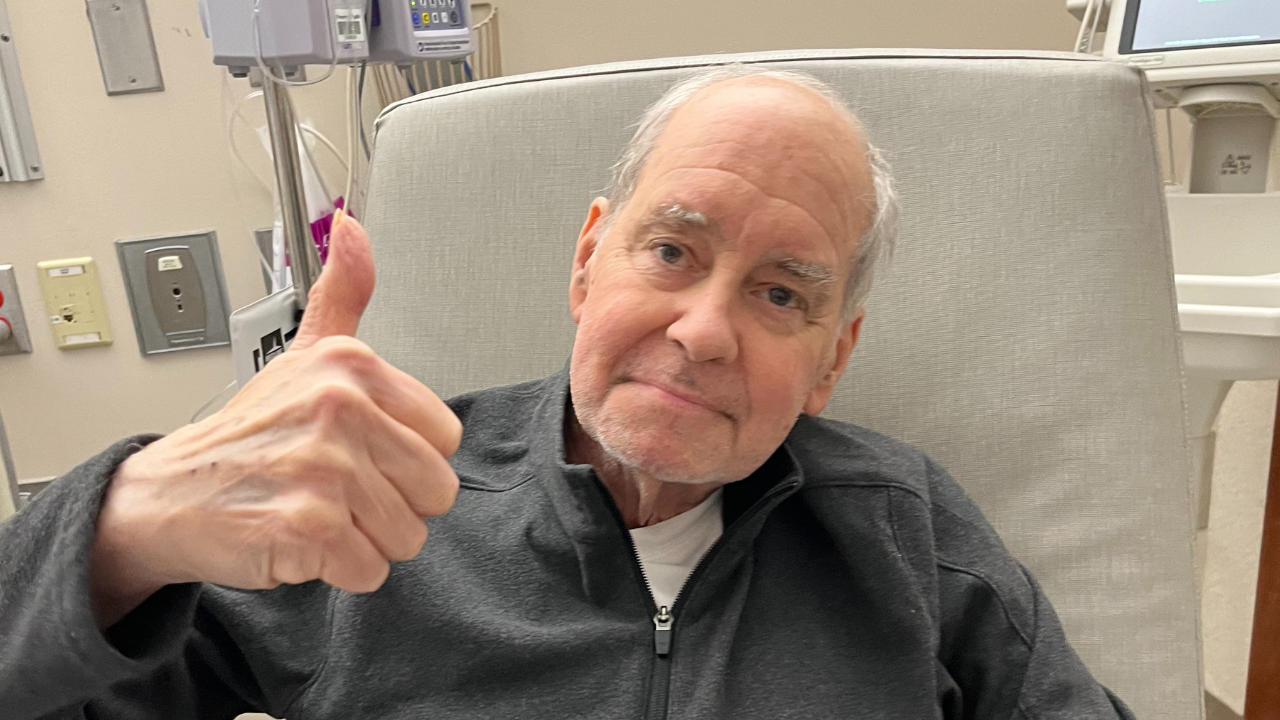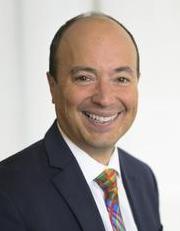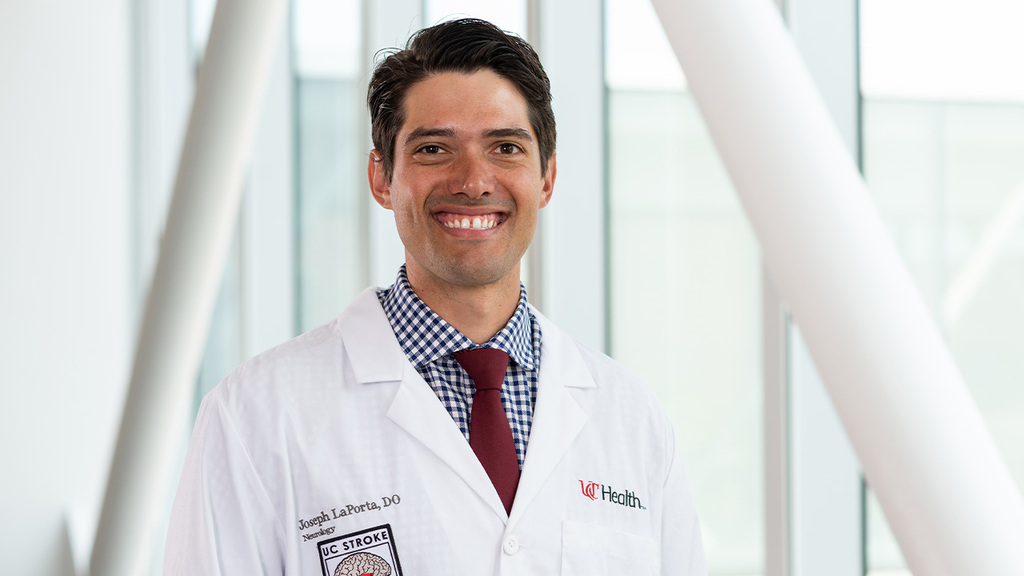Rod Fussinger spent his life building dreams for others as a successful real estate broker in Northern Kentucky. A devoted husband to Claire, proud father of four, and grandfather to six, Rod was known for his dedication, positivity, and commitment to staying healthy. But in 2022, everything changed.
- After a routine eye procedure, Rod developed alarming symptoms that left him and his family desperate for answers as his condition rapidly deteriorated.
- Following testing and evaluations with other highly regarded institutions, a referral to UC Health in Cincinnati led to the correct and extremely rare diagnosis of anti-IgLON5 disease.
- With a tailored treatment plan involving plasmapheresis—also called therapeutic plasma exchange and immunotherapy, Rod made a remarkable recovery, regaining mobility, clarity, and independence, while continuing ongoing treatments that allows him to live a meaningful and hopeful life.
Rod’s remarkable recovery reflects his positive spirit, his family’s support, and the unwavering dedication of the UC Health team, who approach even the most complex medical conditions with compassion and expertise.
If you or a loved one is living with unexplained or complex neurological symptoms, contact the team at the UC Gardner Neuroscience Institute at (866) 941-8264.

